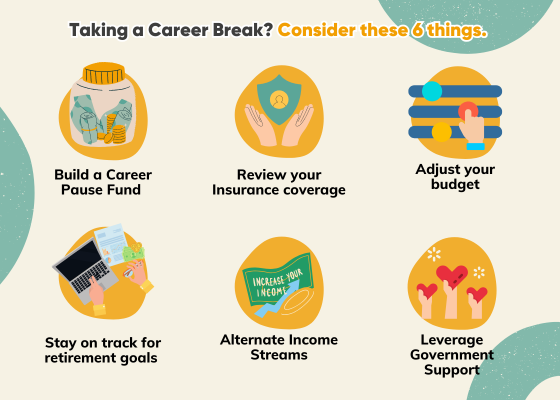Note: It was announced in November 2023 that MoneyOwl will be acquired by Temasek Trust to serve communities under a re-purposed model, and will move away from direct sale of financial products. The article is retained with original information relevant as at the date of the article only, and any mention of products or promotions is retained for reference purposes only.
______________
Why you should Invest For The Long Term despite short-term downturns or negative news that may cause you to compromise on your future
The Market Always Recovers
Over the past century, we have seen numerous bear markets and recessions. In recent decades we had gone through the Asian Financial Crisis in 1997, dot.com bubble in 2000 and Global Financial Crisis in 2008. Yet markets have always recovered, just as it will for the current COVID-19 crisis, and rewarded those who maintained a long-term outlook to investing.
Focus On Your End-Goal
This is important when investing long-term for a retirement that could last for up to 30 years. We must keep this long-term perspective in mind when judging the success of our portfolio. Think of it like watching paint dry. It takes up to 2 to 4 hours for wall paint to dry. We do not touch the wall every few minutes to check if it is ready to be recoated much as it is tempting to do so. Instead, we let time do its job to dry the paint properly, checking only occasionally and touching up when required.
Likewise, when it comes to your investments, don’t judge its success on a quarterly or even annual basis. Instead, focus on how you are progressing towards your goals, and don’t let short-term downturns or negative news from stressing you out and causing you to compromise on your future.
Trust The Process
When you have a proper financial plan in place, you can trust the process and let your plan play out. Then you can focus on enjoying life instead of spending your time watching the wall.
This series is adapted from the book, 27 Principles Every Investor Should Know, written by Steven J. Atkinson. Read the rest of the principles:




